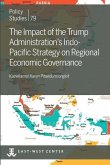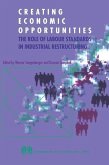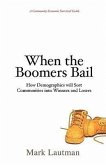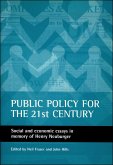"The Caribbean region is not short of economic theories, both home-grown and imported, that attempt to explain and prescribe models for the development and management of their small fragile economies. From the writings of Nobel Laureat W. Arthur Lewis in the 1940s and 1950s, which advocated the use of international capital to advance the rapid industrialization of the region, to the prescriptions of the New World economists of the 1970s which urged Caribbean governments to delink their economies from metropoles and assume control of their indigenous resources, to the modern day neoliberal free market advocates - all have claimed to be the correct models for Caribbean economic development and sustainability. Courtney Blackman rejects the ideological approaches of the Marxist/Radical left, the 'dependency' model of the New Wold economists and the free market 'Washington Consensus'. Instead, he puts forward with refreshing candour, incisive analysis and rare clarity of expression, in 22 lively essays, problem oriented and managerially practical policies that are rooted in Caribbean history, culture and interests. Three themes run consistently throughout the essays; first, the need to cultivate a culture of management; second, small states are inherently more manageable than large ones and the returns to superior management correspondingly greater; third, decision-makers in small states should not accept uncritically alien ideologies and theories, but should think for themselves and develop strategies rooted in their natural interests and aspirations. Combining deep understanding of economics and management with long and successful experience as a national economic and financial policymaker, Blackman's essays span a period of three decades and the validity of their premises can justifiably be claimed to have met the test of history. "
Hinweis: Dieser Artikel kann nur an eine deutsche Lieferadresse ausgeliefert werden.
Hinweis: Dieser Artikel kann nur an eine deutsche Lieferadresse ausgeliefert werden.








